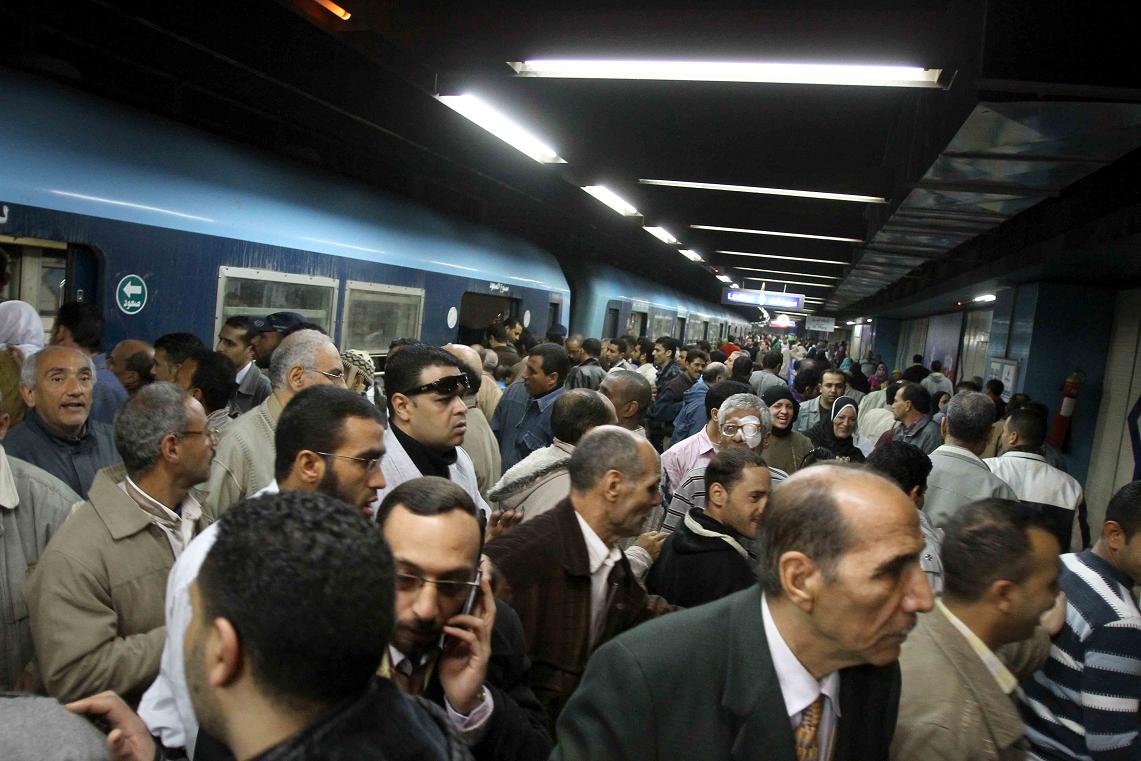Cannes witnessed a blistering attack on Silvio Berlusconi with a Michael Moore-style documentary portraying the prime minister as a vampire sucking the blood out of Italy.
Italy’s culture minister boycotted the film festival to protest against the documentary’s screening here because he said it was "a propaganda film… that insults the truth and the Italian people."
"Draquila – Italy Trembles" accuses Berlusconi of using last year’s deadly earthquake in the central Italian town of L’Aquila to boost his image at a time when it was tarnished by a series of lurid sex scandals.
But standup-comic-turned-director Sabina Guzzanti broadens her film out to charge that the prime minister’s response to the quake perfectly illustrates his allegedly nefarious techniques.
"Italy is not a dictatorship today but it’s no longer a democracy," she told AFP. "There’s no physical violence but there is slander and you can lose your job."
"It’s like this right across Italy I think," she said, adding: "Information is manipulated and the rate of corruption is quite high."
Guzzanti, 46, already took aim at Berlusconi in 2005 with "Viva Zapatero!", which blasted the government’s attempts to censor comedians.
She now accuses him of rewriting Italy’s laws to try to turn the state into a giant and increasingly authoritarian enterprise to make himself and his cronies richer.
"A tragic earthquake, shocking corruption and massive abuse of power: Even for Italians accustomed to their country’s scandals, ‘Draquila’ is a kick in the gut," was Variety film magazine’s verdict on the documentary.
The film, which received a round of applause at its Cannes press screening Thursday, argues that the prime minister used the April 2009 catastrophe as a means to rebound after several sex scandals.
The quake killed 308 people and devastated the medieval mountain city, leaving 80,000 people homeless.
As tens of thousands of residents were bussed off to coastal hotels or tent cities, where they lived under military rule, Berlusconi promised them new homes and symbolically relocated a G8 summit to the ruined city.
But a year on, L’Aquila is still a ghost town, guarded by soldiers and off-limits to most, while lodging for the displaced has been built far from the city at three times the projected cost.
Guzzanti’s expose takes a close look at the central role in the quake response of Guido Bertolaso, a friend of Berlusconi and head of the Civil Protection Agency.
The agency has the power, in the event of a national emergency, to make decisions that temporarily override existing laws.
Guzzanti shows its remit has been changed to allow it take such decisions for "major events" as well.
But, as the film shows, "major events" can mean whatever the government wants it to mean, and is allegedly a way for Berlusconi to circumvent bothersome legislation.
Guzzanti accuses Berlusconi of seeking to transform the agency into a private enterprise with almost limitless powers and beholden to himself.
Bertolaso was initially lionized for the civil protection agency’s rapid response to the disaster, but he is now under investigation for corruption over the awarding of reconstruction contracts.
"Draquila" is by turns hilarious, shocking and tear-inducing.
It occasionally veers into animation to lampoon the Italian leader, and at one point even shows the director dressed up as Berlusconi making a mock speech in L’Aquila.
But satire aside, the film is a rigorously researched piece of investigative journalism that is generous enough to hear out Berlusconi’s many fans.
Arguably the most troubling contention of Guzzanti’s film is that Berlusconi has managed, via his ownership or control of much of the country’s media, to persuade a majority of Italians to happily acquiesce in his wayward rule.
Draquila screened in Cannes out of competition.
